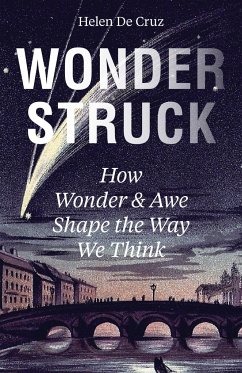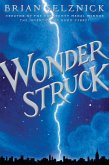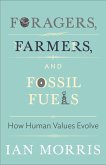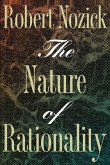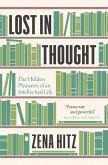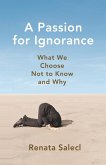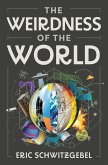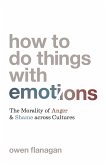"What explains people's propensity to ask existential questions that they have little hope of resolving, such as: Why are we here? What, if any, is our purpose? What is the structure of the universe? That humans engage in these endeavors has long puzzled evolutionary theorists, as they go beyond the immediate demands of fending for ourselves, seeking safety, finding food, and reproducing, which occupy the daily lives of other animals. In this book, philosopher Helen De Cruz draws on a wide range of disciplines and thinkers, from Aristotle and 12th-century Muslim philosopher Ibn Tufayl to Jewish thinker Abraham Heschel and science writer Rachel Carson, showing how awe and wonder lie at the heart of such existential questions. She argues that there is an emotional basis to this drive for inquiry, as wonder and awe are epistemic emotions that help us think about big-picture questions and that motivate the answers we provide to those questions"--

